Scan barcode
Overview
New York Times list of 100 Best Books of the 21st Century released the week of July 8-12 2024.
The books have been chosen and voted on by "503 novelists, nonfiction writers, poets, critics and other book lovers — with a little help from the staff of The New York Times Book Review."
Notes on the books are directly from the New York Times list found here: https://www.nytimes.com/interactive/2024/books/best-books-21st-century.html?campaign_id=69&emc=edit_bk_20240712&instance_id=128589&nl=books®i_id=164072357&segment_id=171975&te=1&user_id=3ab9436b06f81b9833612400b0023456#book-80
There is no start or end date for this challenge.
The books have been chosen and voted on by "503 novelists, nonfiction writers, poets, critics and other book lovers — with a little help from the staff of The New York Times Book Review."
Notes on the books are directly from the New York Times list found here: https://www.nytimes.com/interactive/2024/books/best-books-21st-century.html?campaign_id=69&emc=edit_bk_20240712&instance_id=128589&nl=books®i_id=164072357&segment_id=171975&te=1&user_id=3ab9436b06f81b9833612400b0023456#book-80
There is no start or end date for this challenge.
NYT Best 100 Books of the 21st Century
39 participants (100 books)
Overview
New York Times list of 100 Best Books of the 21st Century released the week of July 8-12 2024.
The books have been chosen and voted on by "503 novelists, nonfiction writers, poets, critics and other book lovers — with a little help from the staff of The New York Times Book Review."
Notes on the books are directly from the New York Times list found here: https://www.nytimes.com/interactive/2024/books/best-books-21st-century.html?campaign_id=69&emc=edit_bk_20240712&instance_id=128589&nl=books®i_id=164072357&segment_id=171975&te=1&user_id=3ab9436b06f81b9833612400b0023456#book-80
There is no start or end date for this challenge.
The books have been chosen and voted on by "503 novelists, nonfiction writers, poets, critics and other book lovers — with a little help from the staff of The New York Times Book Review."
Notes on the books are directly from the New York Times list found here: https://www.nytimes.com/interactive/2024/books/best-books-21st-century.html?campaign_id=69&emc=edit_bk_20240712&instance_id=128589&nl=books®i_id=164072357&segment_id=171975&te=1&user_id=3ab9436b06f81b9833612400b0023456#book-80
There is no start or end date for this challenge.
Challenge Books
73
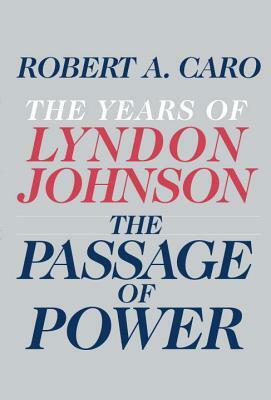
The Passage of Power: The Years of Lyndon Johnson
Robert A. Caro
The fourth volume of Caro’s epic chronicle of Lyndon Johnson’s life and times is a political biography elevated to the level of great literature. His L.B.J. is a figure of Shakespearean magnitude, whose sudden ascension from the abject humiliations of the vice presidency to the summit of political power is a turn of fortune worthy of a Greek myth. Caro makes you feel the shock of J.F.K.’s assassination, and brings you inside Johnson’s head on the blood-drenched day when his lifelong dream finally comes true. It’s an astonishing and unforgettable book. — Tom Perrotta, author of “The Leftovers”
74

Olive Kitteridge
Elizabeth Strout
When this novel-in-stories won the Pulitzer Prize for fiction in 2009, it was a victory for crotchety, unapologetic women everywhere, especially ones who weren’t, as Olive herself might have put it, spring chickens. The patron saint of plain-spokenness — and the titular character of Strout’s 13 tales — is a long-married Mainer with regrets, hopes and a lobster boat’s worth of quiet empathy. Her small-town travails instantly became stand-ins for something much bigger, even universal.
75
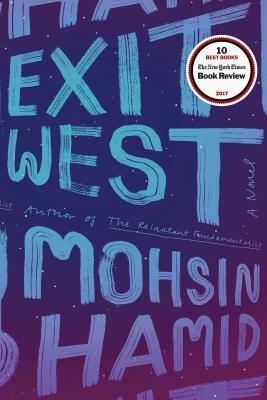
Exit West
Mohsin Hamid
The modern world and all its issues can feel heavy — too heavy for the fancies of fiction. Hamid’s quietly luminous novel, about a pair of lovers in a war-ravaged Middle Eastern country who find that certain doors can open portals, literally, to other lands, works in a kind of minor-key magical realism that bears its weight beautifully.
76
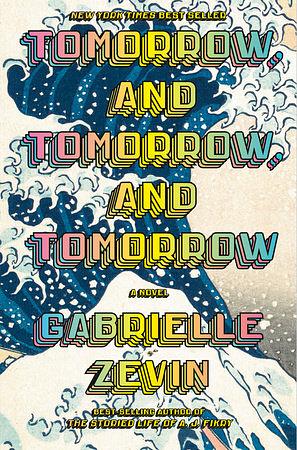
Tomorrow, and Tomorrow, and Tomorrow
Gabrielle Zevin
The title is Shakespeare; the terrain, more or less, is video games. Neither of those bare facts telegraphs the emotional and narrative breadth of Zevin’s breakout novel, her fifth for adults. As the childhood friendship between two future game-makers blooms into a rich creative collaboration and, later, alienation, the book becomes a dazzling disquisition on art, ambition and the endurance of platonic love.
77
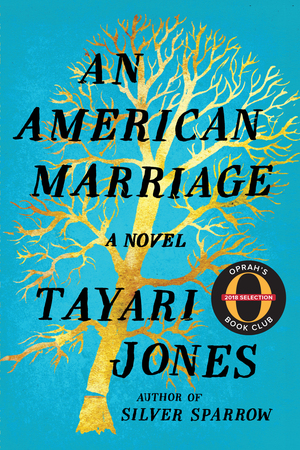
An American Marriage
Tayari Jones
Life changes in an instant for Celestial and Roy, the young Black newlyweds at the beating, uncomfortably realistic heart of Jones’s fourth novel. On a mostly ordinary night, during a hotel stay near his Louisiana hometown, Roy is accused of rape. He is then swiftly and wrongfully convicted and sentenced to 12 years in prison. The couple’s complicated future unfolds, often in letters, across two worlds. The stain of racism covers both places.
78
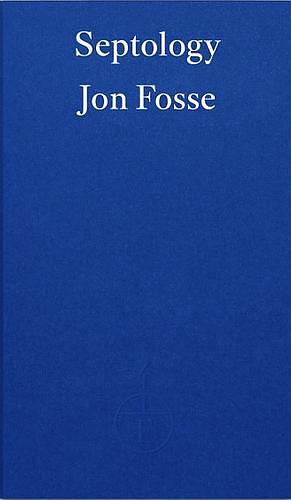
Septology
Jon Fosse
You may not be champing at the bit to read a seven-part, nearly 700-page novel written in a single stream-of-consciousness sentence with few paragraph breaks and two central characters with the same name. But this Norwegian masterpiece, by the winner of the 2023 Nobel Prize in Literature, is the kind of soul-cleansing work that seems to silence the cacophony of the modern world — a pair of noise-canceling headphones in book form. The narrator, a painter named Asle, drives out to visit his doppelgänger, Asle, an ailing alcoholic. Then the narrator takes a boat ride to have Christmas dinner with some friends. That, more or less, is the plot. But throughout, Fosse’s searching reflections on God, art and death are at once haunting and deeply comforting.
79
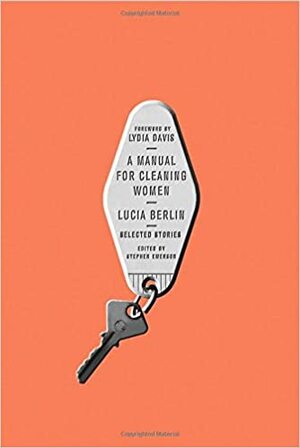
A Manual for Cleaning Women: Selected Stories
Lucia Berlin
Berlin began writing in the 1960s, and collections of her careworn, haunted, messily alluring yet casually droll short stories were published in the 1980s and ’90s. But it wasn’t until 2015, when the best were collected into a volume called “A Manual for Cleaning Women,” that her prodigious talent was recognized. Berlin writes about harried and divorced single women, many of them in working-class jobs, with uncanny grace. She is the real deal. — Dwight Garner, book critic for The Times
80
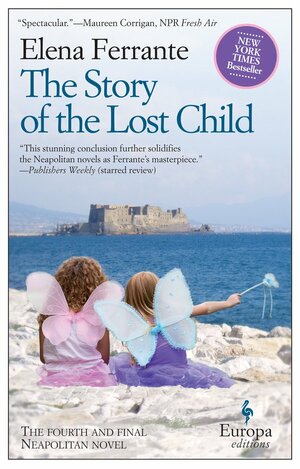
The Story of the Lost Child
Elena Ferrante
All things, even modern literature’s most fraught female friendship, must come to an end. As the now middle-aged Elena and Lila continue the dance of envy and devotion forged in their scrappy Neapolitan youth, the conclusion of Ferrante’s four-book saga defies the laws of diminishing returns, illuminating the twined psychologies of its central pair — intractable, indelible, inseparable — in one last blast of X-ray prose.
81
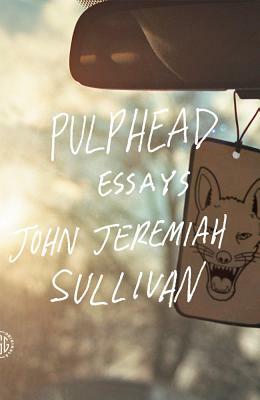
Pulphead
John Jeremiah Sullivan
When this book of essays came out, it bookended a fading genre: collected pieces written on deadline by “pulpheads,” or magazine writers. Whether it’s Sullivan’s visit to a Christian rock festival, his profile of Axl Rose or a tribute to an early American botanist, he brings to his subjects not just depth, but an open-hearted curiosity. Indeed, if this book feels as if it’s from a different time, perhaps that’s because of its generous receptivity to other ways of being, which offers both reader and subject a kind of grace.
82
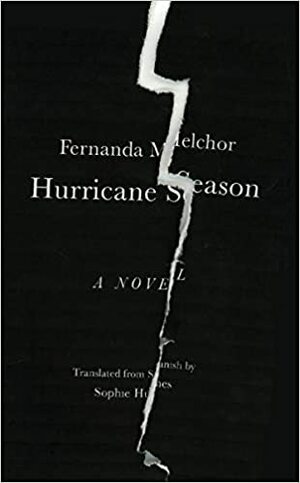
Hurricane Season
Fernanda Melchor
Her sentences are sloping hills; her paragraphs, whole mountains. It’s no wonder that Melchor was dubbed a sort of south-of-the-border Faulkner for her baroque and often brutally harrowing tale of poverty, paranoia and murder (also: witches, or at least the idea of them) in a fictional Mexican village. When a young girl impregnated by her pedophile stepfather unwittingly lands there, her arrival is the spark that lights a tinderbox.
83
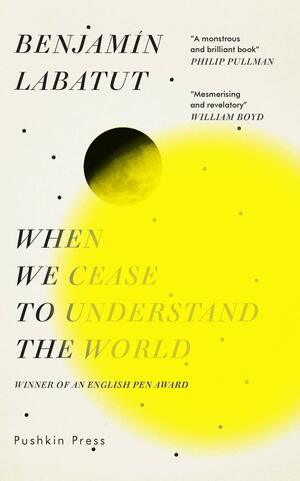
When We Cease to Understand the World
Benjamín Labatut
You don’t have to know anything about quantum theory to start reading this book, a deeply researched, exquisitely imagined group portrait of tormented geniuses. By the end, you’ll know enough to be terrified. Labatut is interested in how the pursuit of scientific certainty can lead to, or arise from, states of extreme psychological and spiritual upheaval. His characters — Niels Bohr, Werner Heisenberg and Erwin Schrödinger, among others — discover a universe that defies rational comprehension. After them, “scientific method and its object could no longer be prised apart.” That may sound abstract, but in Labatut’s hands the story of quantum physics is violent, suspenseful and finally heartbreaking. — A.O. Scott
84
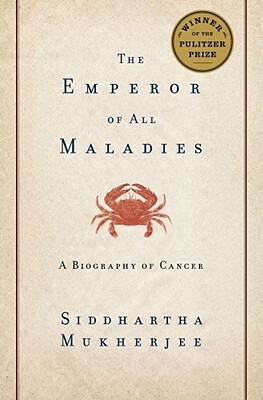
The Emperor of All Maladies: A Biography of Cancer
Siddhartha Mukherjee
The subtitle, “A Biography of Cancer,” provides some helpful context for what lies between the covers of Mukherjee’s Pulitzer Prize-winning book, though it hardly conveys the extraordinary ambition and empathy of his telling, as the trained oncologist weaves together disparate strands of large-scale history, biology and devastating personal anecdote.
